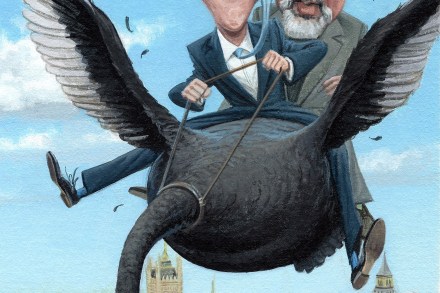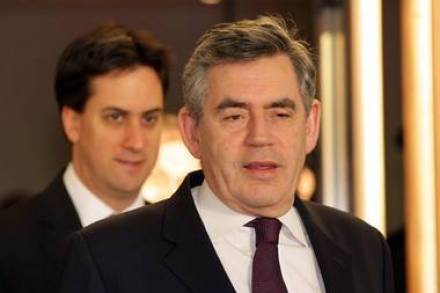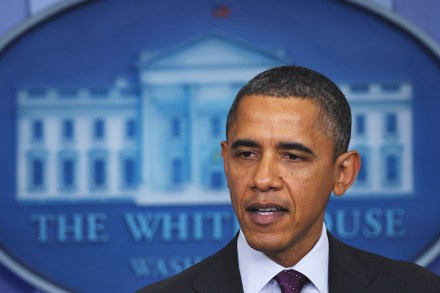Announcing the Matt Ridley Prize for Environmental Heresy
The 2013 Matt Ridley Prize is now open. Click here for more details. Matt Ridley has long deplored the wind farm delusion, and was appalled when a family trust was paid by a wind farm company in compensation for mineral rights on land on which it wanted to build a turbine. The trust would be paid £8,500 a year for it, and Matt couldn’t abide the idea of profiting — even in part — from this. So he is donating £8,500 in an annual prize to be given to the best essay exposing environmental fallacies. Entries open today. The rules are simple. We invite pieces from 1,000 to 2,000 words in length, to



















